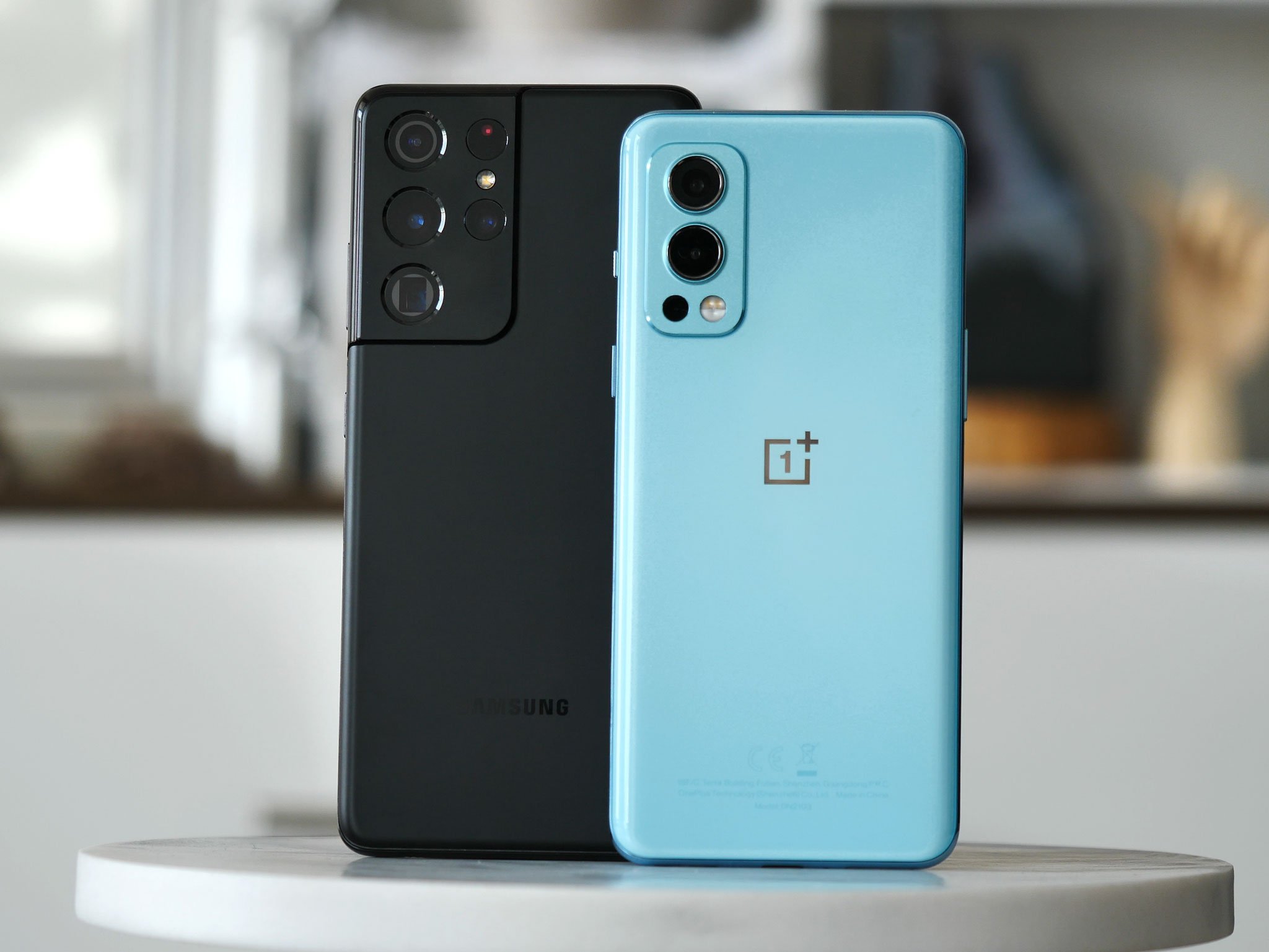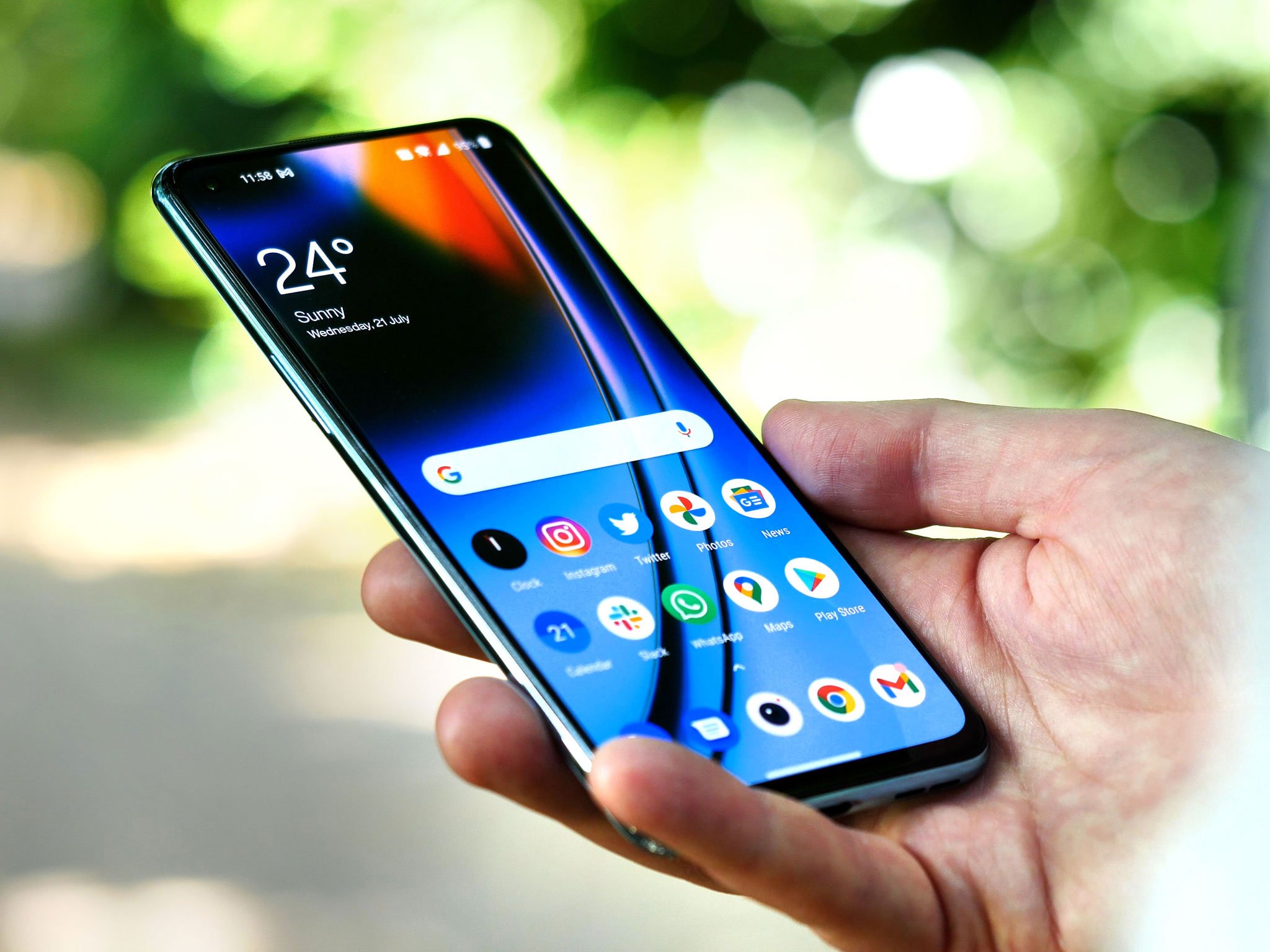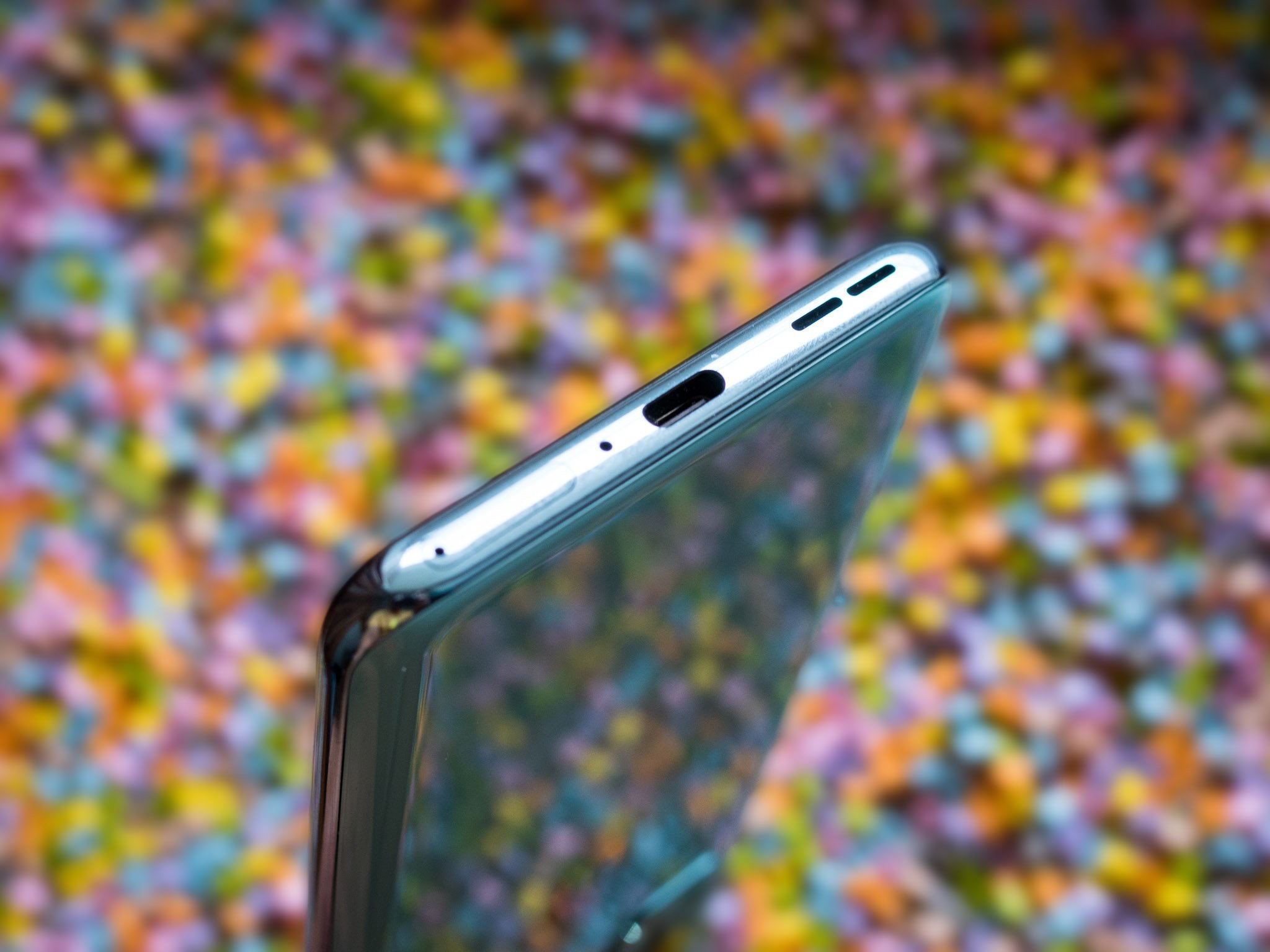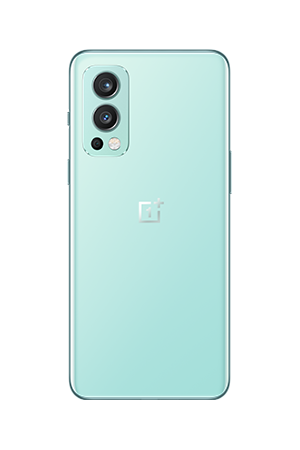When a €400 phone can do pretty much everything you need, why spend almost three times that?
I've spent the past week bouncing between the new OnePlus Nord 2 and the Samsung Galaxy S21 Ultra, two of the best Android phones occupying very different segments of the market. In the UK, the Nord sells for £400, and the S21 Ultra starts at triple that figure. Yet despite the gulf in price, I've been struck by how little I've actually missed from the £1200 handset during my time with the Nord.
OnePlus has plenty of experience in making the right compromises for its "flagship killer" phones. And although the company is itself producing very traditional flagship phones these days, the Nord 2 proves it hasn't lost sight of the magic that made fan-favorites like the OnePlus 3 and 3T so popular.
The Nord 2's Dimensity 1200-AI processor isn't as fast on paper as the Qualcomm Snapdragon 888 or Exynos 2100 found in Samsung's flagship. However, it is pretty close, benchmarking around the level of a Snapdragon 865 or 870. (Chipmaker MediaTek would also argue the Dimenisty processor's quicker neural processing unit gives it an edge over rivals.) When paired with UFS 3.1 storage and at least 8GB of RAM, that's more than fast enough for 99% of the things you're going to be doing on a smartphone.
Have traditional flagships jumped the shark?
Even with mid-tier chips like the Snapdragon 765G used in last year's Nord, software optimization has a much greater effect on day-to-day performance than sheer hardware grunt. Android is mature enough that any modern mobile chipset should be capable of producing a smooth user experience. If it doesn't, lazy coding is the most likely culprit.
So if a $400 phone feels just as quick as a $1,200 phone, why bother with the more expensive handset? So what do you get with a flagship that you might actually care about? There are a few very specific reasons, and they definitely won't apply to every smartphone buyer.
The most obvious, especially with the Galaxy S21 Ultra, is the cameras. The Nord 2 has a good primary camera plus a run-of-the-mill ultrawide and a monochrome shooter that might as well be a sticker for all the utility it provides. And while you'll mostly be relying on the main shooter, whichever phone you're using, there's no denying the extra versatility offered by the S21 Ultra's 3X and 10X lenses. It's unquestionably the best camera system on any smartphone, letting Samsung's flagship effectively replace a high-end point-and-shoot camera.
I've been amazed by some of the photos and videos I've been able to capture with phones like the Galaxy S21 Ultra. And for me personally, I love being able to pull a single device out of my pocket and know that, however challenging the shot is, I'll be able to get it. But I'm definitely not in the majority. And for many people, an £800 premium to have this in your pocket all the time will be hard to justify, especially when a very good point-and-shoot camera can be had for less than half this amount.
Besides Google, most manufacturers cut corners when it comes to supporting cheaper handsets.
Next is software support. While the Nord 2 and many other mid-rangers will receive two years of Android platform and three years of security patch updates from launch, Samsung's flagship boasts three years of OS updates and four years of security patches. Typically, more expensive Android phones are supported for longer, while cheaper models quickly fall by the wayside. The pace at which those updates arrive is also worth considering — phones like the Nord may indeed get two years of OS updates, but these are likely to be slower to arrive than updates for flagship phones.
Of course, the exception to this rule is Google, whose cheaper Pixels enjoy the same three years of OS updates as the company's more expensive flagships. Google also looks set to differentiate itself in this area further, if reports of five years of support for upcoming Pixel 6 phones are to be believed.
Nevertheless, the Nord's software support means that it'll still receive the arguably more important Android security patches up to the three-year mark. Given the standard two-year smartphone contract life, that's at least a reasonable level of coverage for the typical owner.
'Real' flagships can boast extra nice-to-have conveniences.
The next thing you'll miss out on in a more affordable phone like the Nord is all the nice-to-have extras — conveniences like wireless charging and an IP rating for water and dust resistance. These are mostly non-essential things — it's an open secret that most smartphones will be just fine if they end up on the wrong end of a spilled drink or rain shower. And the Nord, like most, includes a rubber gasket around its SIM tray for insulation. The lack of an IP rating doesn't mean a water-related mishap will necessarily kill the phone, just that the requisite tests haven't been done to secure an IP rating.
And wireless charging is great if, like me, you've already invested in a bunch of charging pads. But when even relatively cheap phones can boast 65W wired charging speeds, why bother? The Nord 2, for instance, is capable of charging from dead to full in as little as 30 minutes with the bundled brick and cable — far quicker, in fact, than the current Samsung flagship.
The enthusiast in me loves all the extra things that my Galaxy S21 Ultra can do. But the pragmatist in me knows that most of the time, it's just technological overkill. And as the technology in phones like the OnePlus Nord 2 becomes more advanced, it's possible more consumers may find traditional flagships a less tempting proposition.
Flagship killer
OnePlus Nord 2
Offering up most of the premium Android phone experience at only a fraction of the price, the OnePlus Nord 2 is a return to OnePlus's roots as a flagship killer and is one of the most compelling phones of 2021 from a value perspective.





Post a Comment